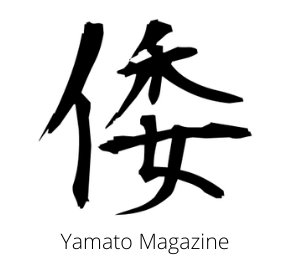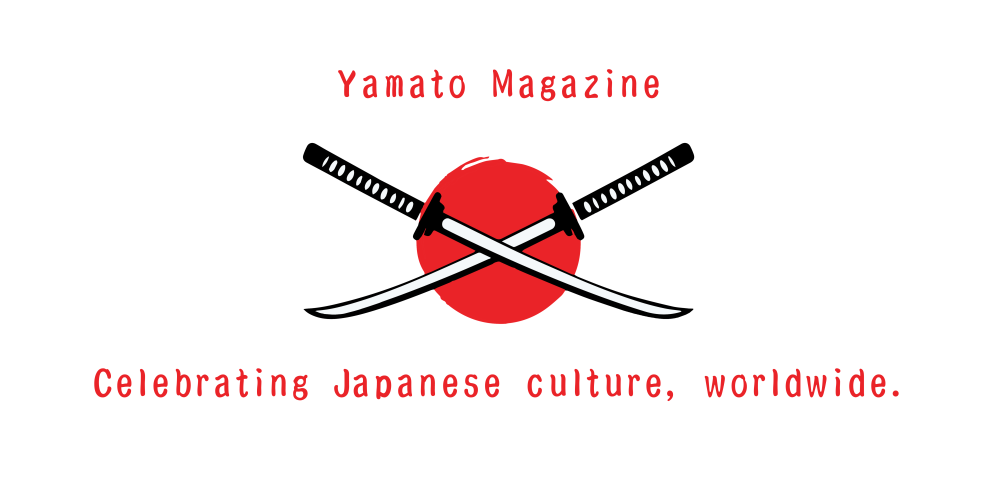
It’s a Friday night. You’ve had a long week at work and you’ve already eaten plenty that day. But you have a craving for pizza, even though you know you’re full in the sense of getting all your calories and basic human needs satisfied. You know you aren’t ‘hungry’ in the ‘I’m-starving-not-actually-starving-life-or-death’ kind of way that gets said so much it’s a first world cliche (especially if you’re from the UK).
You order the pizza anyway because the craving demands it. And once you’ve finished, all you can think is why did I eat that goddamn pizza? I wasn’t even hungry.
If that sounds familiar, then maybe it’s time to embrace the concept of kuchisabishii. This Japanese concept roughly translates as ‘lonely mouth.’ But rather than it being a damnation of mindless eating, kuchisabishii offers a reframing of why we eat when we’re bored or sad.
Reframing binge eating
Binge Eating Disorder (BED) is one said to be the most common eating disorder in the US, effecting an estimated 2.8 million people. Worldwide, that number is infinitely more. The reasons why people choose to binge eat are complex, though there’s often guilt and distorted self-image as the centre. And when people have overeaten, it’s all too easy to feel even more guilty and repeat the cycle.
Kuchisabishii could be a way of reframing all of that and helping people be more self-compassionate in their relationship to food. In the Japanese worldview, it’s about understanding that overeating is a habit that happens to everyone at some point in their lives. It’s framing the act as natural, of not dislocating from the feeling, of being more forgiving of ourselves and confronting it head on.
According to Kaki Okumura “eating out of boredom happens to the best of us, but kuchisabishii is about shaping it as a natural feeling and a forgiving experience, rather than to shove down those feelings. For once we recognise and confront it, we end up making better decisions after the fact that exacerbating self-sabotating behaviour on guilt-triggered impulses.”
And the concept isn’t limited to food. It’s been touted as helpful for other cravings like smoking addiction. In the opinion of Shek Matz, an English teacher in Japan, the phrase is popular among smokers in the country. “I’ve never been a smoker, but they say because there’s nothing there in the spot that used to hold the cigarette, they feel ‘lonely’ in their mouths. It’s almost like a baby wanting a pacifier when trying to wean.”
The idea of a lonely mouth is certainly interesting. There’s an association with comfort, of having something to replace the feeling of loneliness that doesn’t necessarily have to be seen as filling a void.
Japanese restaurants are aware of this and the phrase is used in kaiseki multi-course meals. A chef, acting as a kind of soothing presence, may offer a pre-appetiser dish to satisfy the kuchisabishii sensation. That dish whets the appetite, rather than sending it into overdrive for mindless consumption. There’s the assumption that you’ll finish every meal as part of the kaiseki style and you’ll have eaten your fill by the end.
Is kuchisabishii a cure for binge eating?
Like all disorders and neurorises, binge eating can’t be solved with any one thing. Everyone has a different trigger, every condition and circumstance is unique to the individual. Self-help articles and books are no replacement for accurate medical advice and building consistent, healthy habits.
What kuchisabishii can do is offer a different way of thinking. A reframing device to add to a wider mental health toolkit of better eating habits. It opens a pathway to being more conscious of how we eat and understand the feelings attached to every mouthful.
Explore mental health in Japan with Japanese Fighting Heroes
Mental health is one of the key talking points in my book Japanese Fighting Heroes. The figures in the book all have their own trials, tribulations and habits to form.
Each chapter offers insights into Japanese concepts associated with mental health, but doesn’t seek to glamorise or romanticise them. Fact and fiction are examined together to provide a balanced view.

